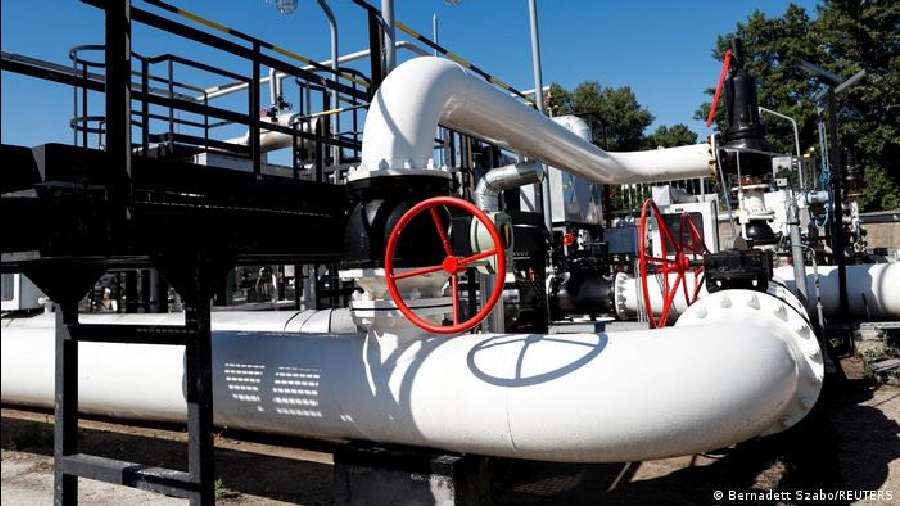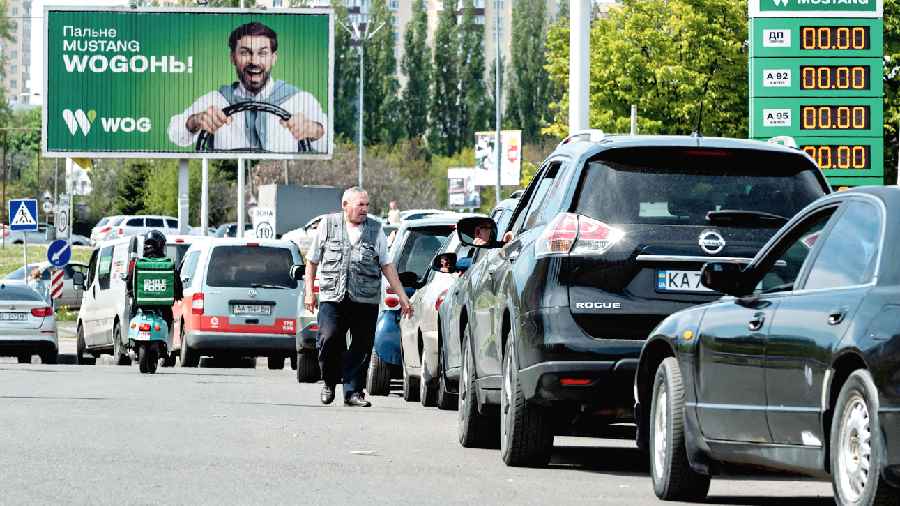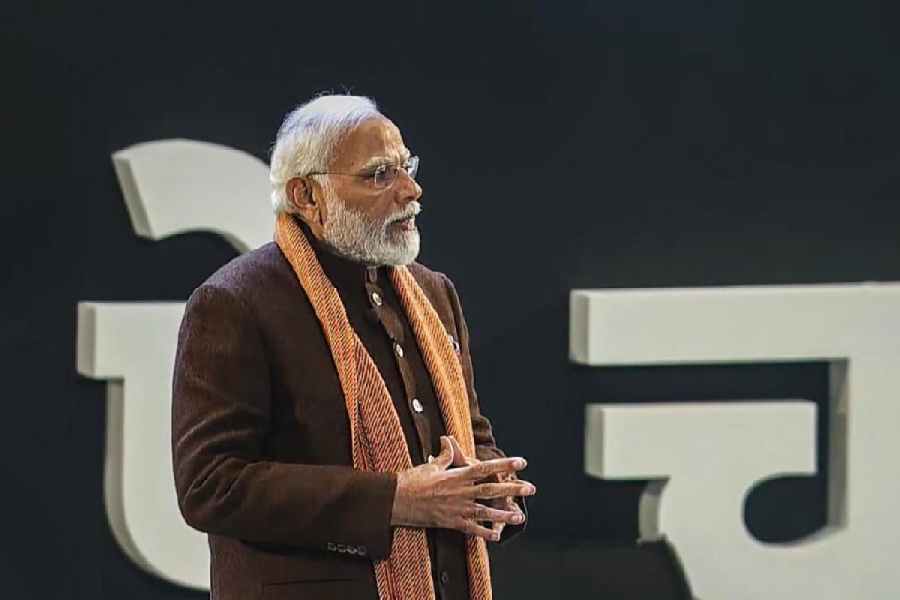EU countries have implemented a new set of sanctions against Russia for its invasion of Ukraine, after last-minute wrangling with Hungary that threatened to derail the package, bloc officials announced on Friday.
The sanctions will now officially take effect, targeted Russia's energy sector, major banks and state broadcasters.
What's in the latest sanctions package?
The new, sixth set of sanctions includes a partial ban on oil imports, and removes Russian bank Sberbank from the international SWIFT payment platform.
The EU said that it would take six months to ban most crude oil imports from Russia, and eight months to phase out refined oil products originating there.
Hungary, Bulgaria and Croatia have exemptions to the oil ban due to their specific circumstances.
"With today’s package, we are increasing limitations to the Kremlin’s ability to finance the war by imposing further economic sanctions. We are banning the import of Russian oil into the EU and with this cutting a massive source of revenue for Russia," said Josep Borrell, the EU's High Representative for Foreign Affairs and Security Policy.
The package also includes a ban on broadcasting for three Russian state-owned television channels: Rossiya RTR/RTR Planeta, Rossiya 24 / Russia 24 and TV Centre International.
Services were included in the package, with EU firms now prevented from offering accounting, public relations and consultancy services, as well as cloud services to Russia.
Wrangling over sanctions
Earlier in the week political leaders met to try and sign off on the package, but the final legal text had to be agreed to by ambassadors.
Eventually, the bloc agreed to allow Hungary to import oil from Russia by pipeline, even as the other EU countries stopped all imports, before Hungary raised the issue of Patriarch Kirill, the leader of the Russian Orthodox Church.
Hungary had said before the political leaders' summit that it wanted to remove him from the sanctions list, but that issue had not been raised during the summit itself. Kirill is known as an avid supporter of Russian President Vladimir Putin.
The other 26 EU members eventually agreed to Budapest's demands, in a compromise move hammered out at a meeting of EU ambassadors in Luxembourg on Thursday.
The dpa news agency reported conversations with an unnamed EU diplomat who said there was "some frustration and disappointment with Hungary" over the demands, but they had continued talks because the package was important.












